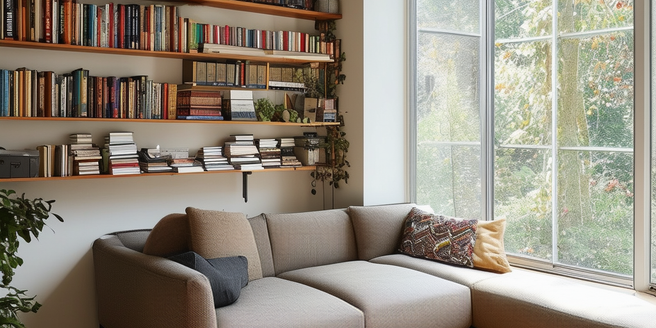Assessing Your Housing Needs and Budget
Determining your housing requirements and financial capacity is the first step in finding an affordable home. Begin by listing essential features based on your lifestyle, such as the number of bedrooms and proximity to work or schools. For instance, if you have children, being close to a good school might be a high priority. Additionally, consider any future changes in your household size or job location. Another crucial factor is the neighborhood’s safety and overall environment. Next, evaluate your budget by calculating your monthly income and expenses. This helps establish a clear picture of what you can afford, including utilities, insurance, and maintenance costs. Prioritizing needs over wants ensures that your housing choice aligns with your financial reality.
Exploring Affordable Housing Programs
Several government and nonprofit programs offer affordable housing options for low-income families and individuals. These programs can include subsidized housing, tax credits, and rental assistance. Research local housing authorities and community organizations to understand the eligibility requirements and application processes. Being informed about these programs can significantly reduce your housing costs and provide you with a stable living situation while you work towards better financial security.
Affordable housing initiatives are crucial for low-income families and individuals to maintain a stable living environment. Government programs, such as Section 8 housing and Low-Income Housing Tax Credits (LIHTC), provide substantial support. Additionally, nonprofit organizations often collaborate with government agencies to offer rental assistance and other housing resources. By taking the time to research local housing authorities and community organizations, you can gather valuable information about eligibility criteria, necessary documentation, and step-by-step application guidelines. Staying well-informed about these resources can be a game-changer, decreasing your housing expenses and offering a secure residence as you strive toward improved financial stability and self-sufficiency.
Cost-Effective Home Maintenance Tips
Maintaining a home can be costly, but proactive measures can save money in the long run. Regularly inspect your home for any potential issues, such as leaks or wear and tear. Simple tasks, like cleaning gutters, replacing air filters, and sealing windows, can enhance the lifespan of your home’s components. Scheduling regular services with professionals can sometimes be beneficial. Additionally, keeping a maintenance schedule can help you stay organized. Regular upkeep not only ensures the longevity of your home but also enhances its overall value. DIY solutions can be cost-effective for minor repairs, but know when to seek professional help to avoid further damage. Investing time in maintenance can prevent expensive repairs in the future.
Finding Budget-Friendly Neighborhoods
Finding a neighborhood that offers affordable living options while meeting your lifestyle needs can be challenging. Start by researching areas with lower living costs, including rent or property prices, utilities, and amenities. Look for neighborhoods with good public transportation, which can save on commuting costs. Additionally, explore local grocery stores and healthcare facilities that can impact your regular expenses. Furthermore, don’t overlook the potential benefits of nearby schools and recreational facilities. Additionally, consider the safety and community resources available. Before making a decision, take advantage of online forums and social media groups for additional insights. It’s also beneficial to connect with current residents to get their perspective. Visiting neighborhoods at different times of the day can provide insights into the area’s suitability for your needs.
Maximizing Small Spaces on a Budget
Living in a smaller home or apartment doesn’t mean you have to sacrifice comfort or style. Optimize your space by using multifunctional furniture, such as a bed with storage drawers or a fold-out desk. Adding plants can also bring life and vibrancy to your living area. Decluttering and organizing your belongings can make a significant difference in how spacious your home feels. Don’t forget to incorporate light colors and mirrors to enhance the sense of space. Utilize vertical space with shelves and wall-mounted storage solutions. Personal touches like artwork or photos can also make your place feel more like home. DIY projects and upcycling can also add personal touches to your space without breaking the bank.



